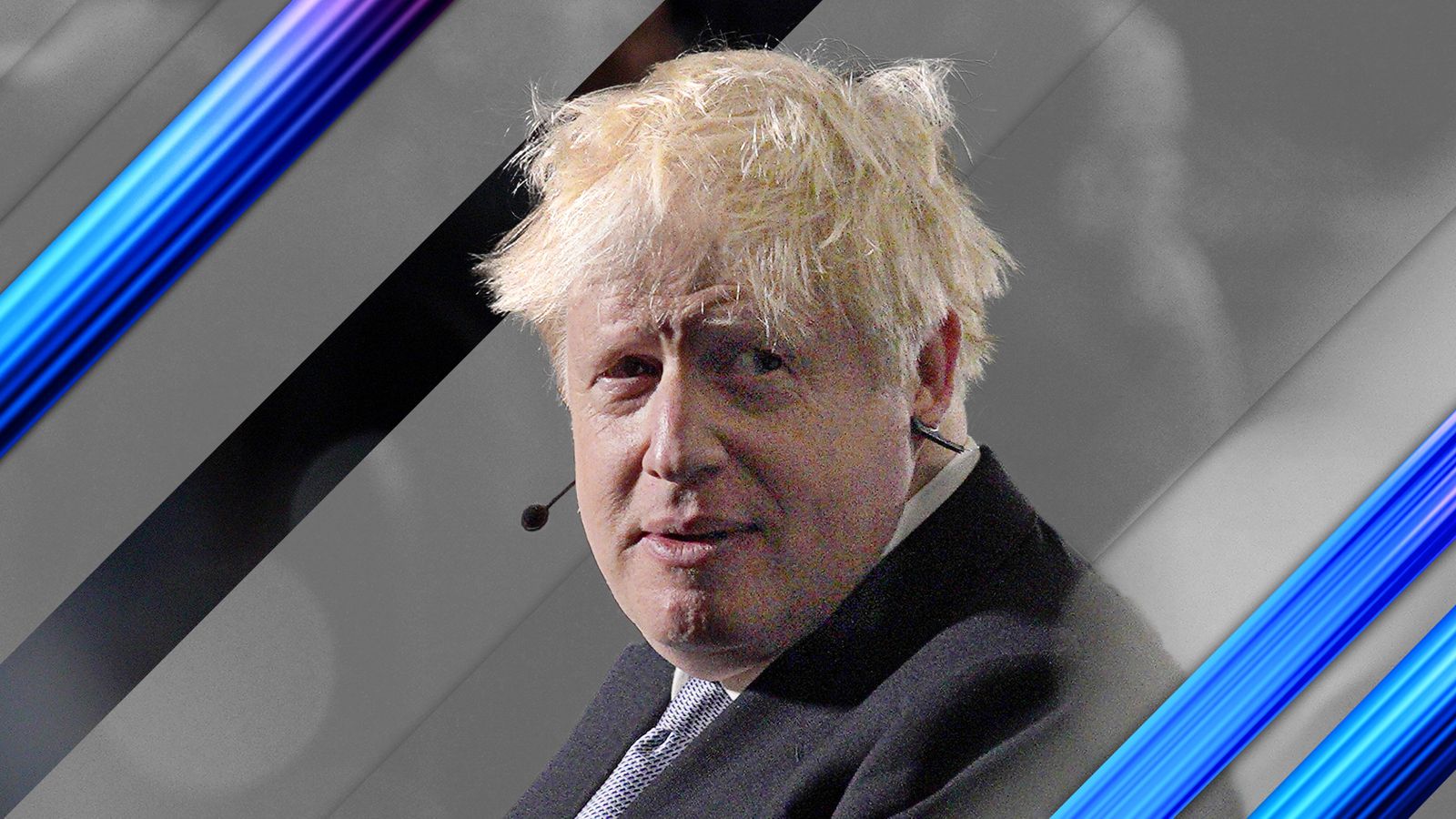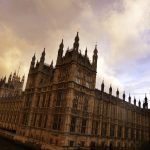As the nation’s columnist in chief, Boris Johnson’s conference speech had one laser focus which could not have been more different from that of his Labour counterpart.
Last week in Brighton Keir Starmer made weighty arguments, set out a fledgling policy agenda and direction, and sought to make Labour a party that could be taken seriously again by the country.
By contrast today the prime minister wrote a speech he hoped would be enjoyed. His goal is to ensure he has permission to be heard, knowing that for decades Daily Telegraph readers turned up for the jokes, but came away from his column remembering a few key arguments.
He knows his audience, and hopes votes follow as a by-product of wit and a clear sense of shared identity.
No one line or section is designed to define him or bind him – instead today will be remembered as a hour-long, hazy, indefinable blur of optimism, jokes, daring promises and success stories. For the audience in the hall, policy announcements were the linking sections between the gags and the tributes.
It would be wrong to present the speech as all humour and little substance. His argument that Britain needs a payrise at a time of certain labour shortages and rising prices will be the political argument of the Autumn.
He is effectively arguing millions of workers should get something for nothing as a result of Brexit, but there are few loud voices yet who are pointing out that this risks a toxic combination of inflation and interest rate rises like that which caused Britain pain in the 1970s.
Boris Johnson pushes levelling up message and promises bonuses for some teachers in Conservative Party conference keynote speech
PM’s shift to a higher-wage economy is a gamble politically
Conservative Party conference: Boris Johnson’s speech will have the Tory faithful screaming their heads off
He also sought to thrill his audience with his audacious attack on his Tory predecessors for their “drift and dither” and lack of “guts”. It is a mark of the ideological flexibility of the entire Conservative project that there was no flinching at the trashing of the ambition of David Cameron and Theresa May. This is because they think he will win the next general election.
The most memorable line of all might be the one about Michael Gove dancing in a nightclub in Aberdeen, and the footage moments later of the red-faced Secretary of State looking mortified. Mr Johnson may not be too upset about that.
Please use Chrome browser for a more accessible video player
For Mr Johnson’s speech was a pitiless exercise in personal brand management. His theme was patriotic boosterism. The prime minister used his specially built podium to wrap himself in the best of British there has been since he entered Downing Street in June 2019 – from the England football team, to tennis star Emma Raducanu, to the Oxford scientists behind the vaccine.
Alongside this impressive list of the achievements he had little to do with, he also elevates his own achievements such as the Hartlepool by-election victory in May. Corporate branding specialists, of which there were several at the conference, would be proud.
And in doing so, he was firing up the activist base, and hoping to carry as many other voters he could with him in the fun.
However there is another, more aggressive – cynical – line of thought which lies behind the prime minister’s decision to paint himself as a relentless optimist. For this, he presents any critic as a pessimist. Labour attacks, media criticism, anyone pointing out policy problems or complaining become unpatriotic and gloomy in this world view. Warnings from opponents that Johnsonian policies won’t work will be thrown back in their face with the accusation they don’t have faith in the British people.
Please use Chrome browser for a more accessible video player
At the moment the polls and the by-election results suggest that this approach works for Mr Johnson. His popularity amongst key demographics, especially the over 50s, currently gives him the impression of political impregnability.
He has weathered in the last two years the most extreme political turbulence evident since the Second World War because so many voters are tired of what they regard as opposition and media catastrophising.
This approach will only work until it doesn’t however. It will likely change if people’s own experiences take a turn for the worse. With the supply shortages, rising prices, tax rises and welfare cuts, the approaching storm may change people’s minds. It may not. His philosophy, that it will be alright on the night, will endure – until the sudden moment it fails him.






















